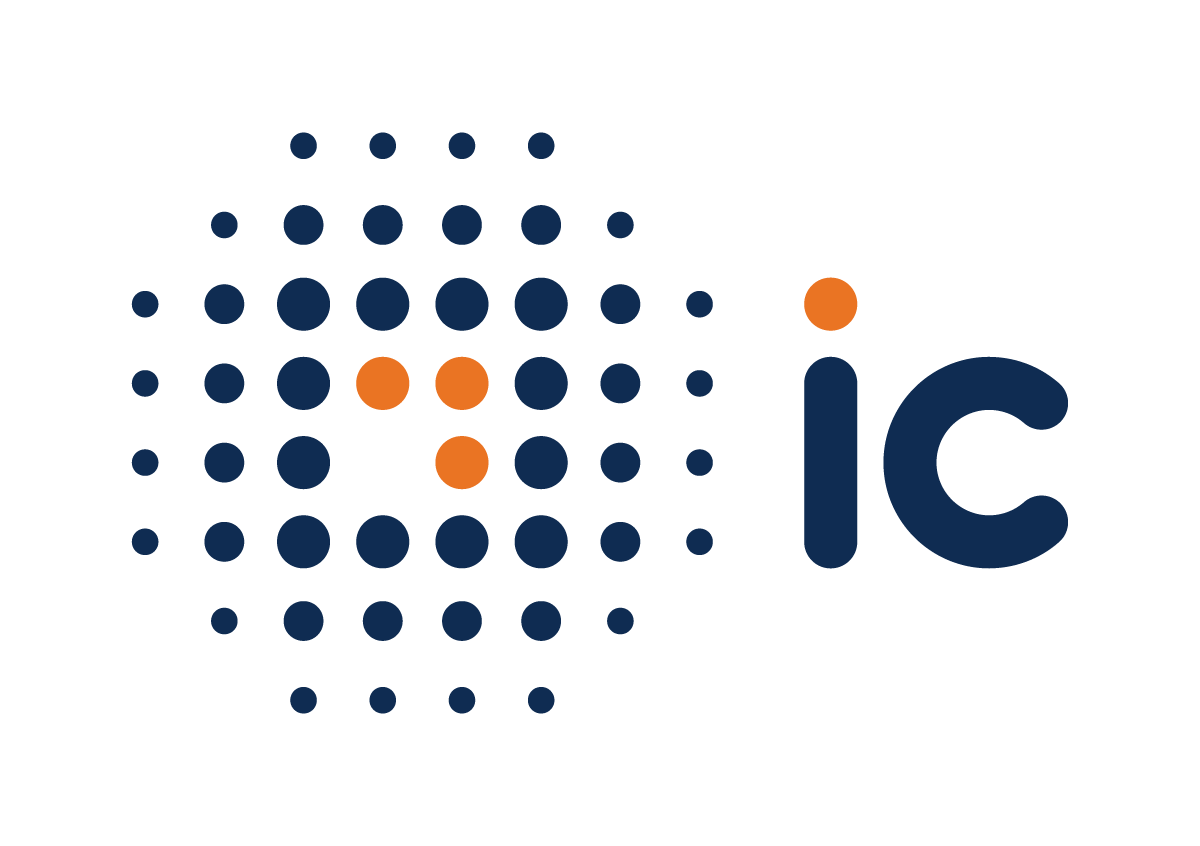IN BRIEF
- GHANA
Fixed Income: Investor demand strengthened slightly by 8.9% m/m in July 2024 whereas the Treasury expectedly upscaled its weekly T-bill offers by 33.0% m/m, resulting in a 9.5% shortfall to gross target for the month. We attribute the increased target to the Treasury’s attempt to close the financing shortfall from 1H2024. With inflation declining at a sluggish pace, and the Treasury’s increased target, yield movement was mixed in the month under review. We estimate the total upcoming T-bill maturities in August 2024 at GHS 18.5bn, requiring an average weekly bid of GHS 4.6bn to refinance. While we foresee risk of uncovered auction in August, we expect coupon payments to prop-up demand in late August.
Currency: The Cedi bears appeared fatigued in July 2024, allowing more restrained movement in the local currency (-1.5% m/m vs USD) amidst largely subdued FX trading sessions. Despite intermittent uptick in FX demand by the real sector, we believe the progress on Ghana’s external debt rework significantly helped to ease market uncertainty about the external debt service needs against available FX supply. We expect the emerging stability to continue in August 2024 as interest rates remain sticky with the BOG’s policy rate maintained at 29.0%. However, expected coupon payments (GHS 6.1bn) could stir some FX pressures.KENYA
Fixed Income: Investors continue to favour the shorter-dated Treasury securities amidst the elevated interest rate environment and fiscal risk. This enabled adequate bids to cover the maturing T-bills for the just-ended month, albeit falling short of the gross target. On pricing, the domestic financing conditions tightened further for the Treasury with yields climbing faster across the 182-day and 364-day tenor. Yields went up across the curve in a month when fiscal risk intensified amidst the anti-government protests and Moody’s downgrade of Kenya’s sovereign ratings.
Currency: The Kenyan Shilling was volatile in July 2024 with a 0.8% gain in the first week followed by 3.1% loss by 26th July before trimming the losses to post a m/m loss of 0.3%. Moody’s downgrade of Kenya’s sovereign credit appeared to rattle the KES with investor expectation of further downgrades by Fitch and S&P in August 2024. We also observed a 6.3% m/m drop in forex reserves to USD 7.3bn (or 3.8 months of imports), slightly below the statutory minimum requirement of 4.0 months. While we think the reserve drawdown largely reflect payment of USD 434.6mn of China EXIM bank loan in July 2024, we see emerging risk to the FX outlook as access to external market appears restricted by the sovereign downgrade to Caa1. - NIGERIA
Fixed Income: It was a quiet month on the primary market for Nigerian Treasury Bills (NTBs) in July 2024 as the Treasury conducted only one auction of NTBs late-month. We observed a substantial decline in investor demand for NTBs in July 2024, reflecting the squeeze in Naira liquidity occasioned by the monetary tightening on 23rd July 2024. In view of the hawkish MPC decision prior to the NTB auction, yields surged across the T-bill curve. While we view the recent policy-induced spike in yields as necessary, we foresee heightened debt service pressure on the Treasury as Finance Minister, Wale Edun, pegged the current debt service-to-revenue ratio at 68.0%.
Currency: The Naira endured renewed depreciation pressure in July 2024 despite a 7.3% growth in gross FX reserves (USD 36.7bn), triggering CBN interventions across the spot market and Bureau De Change operators with total FX sale of USD 343.0mn. The USDNGN weakened by 6.4% m/m to 1,609/USD on the NAFEM while the parallel market lost 5.0% to 1,605/USD. We expect a slower depreciation in the month ahead as the latest policy rate hike tightens local currency liquidity amidst the lingering seasonal demand. The 1-month forward rate suggests a USDNGN FX rate of 1,639/USD.

